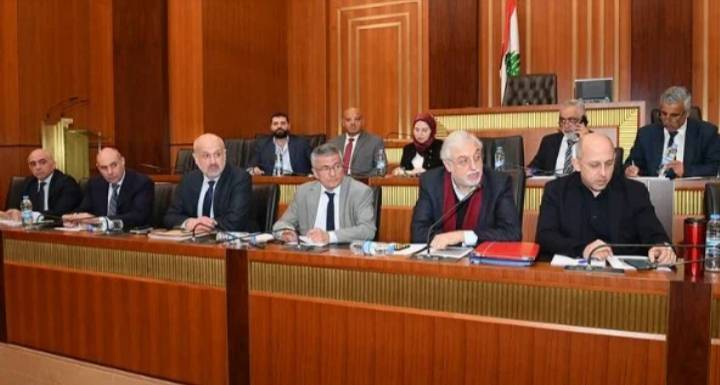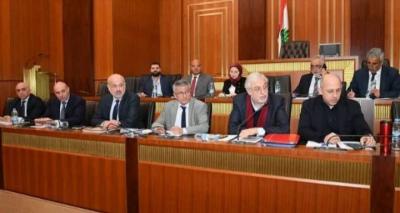Interior and Municipalities Minister Bassam Mawlawi has emphasized the ministry's readiness to conduct municipal and electoral elections as scheduled in May. This follows the extension of municipal and electoral councils for one year since May 2022, citing the need to coincide with the parliamentary elections that took place on May 15 of the same year. Minister Mawlawi reiterated these confirmations during a meeting of the Parliamentary Defense, Interior, and Municipalities Committee, chaired by MP Jihad Samad and attended by committee members and caretaker Finance Minister يوسف الخليل. However, a significant unanswered question remains: how and from where will the estimated cost of approximately $11 million and 350 thousand for these elections be secured?
Despite Mawlawi's assurance that "conducting the elections on time is a duty, not an option," and that the call for electoral bodies will happen within a month or two, likely in early April, according to committee chairman MP Jihad Samad, the crucial point raised by the Finance Minister was that the required funds for conducting these elections need legislation from the parliament. This indicates that securing these funds cannot be achieved through the 2022 budget reserve.
These facts raise a number of questions that no one can currently answer, even as political forces represented in parliament confirmed the necessity of conducting these elections on time. Some of these questions include:
First: Does opening the funds require a bill from the government, which necessitates a meeting of the caretaker cabinet? Will this be treated as an urgent and necessary matter?
Second: Can this electoral process proceed amid the ongoing vacancy in the presidency?
Third: Would a newly elected president (if this occurs before the end of March) accept delaying such a significant developmental and vital electoral process at the beginning of their term?
Fourth: Who can propose a law to extend the terms of municipal and electoral councils again, and what justifications will be given?
Furthermore, "Nidaa Al-Watan" learned that the Interior Minister confirmed the ministry's logistical readiness during the meeting and presented the needs required for the electoral process, especially funding for registration committees and judges overseeing the process, as well as poll heads from among employees, noting that approximately 14,000 ballot boxes require more than 28,000 employees.
This also raises the question: will these individuals respond to the call for participation if the economic situation remains unchanged? What funds and amounts will be allocated to them amid the continuous collapse of the Lebanese pound's exchange rate?
Sources close to "Nidaa Al-Watan" suggest that the situation regarding this file may remain unclear until March, and at least until February, when constitutional deadlines to call the electoral bodies become pressing. Consequently, the fate of this electoral process, like others, is closely tied to the fate of the country, which is already under threat and uncertain of its direction and destination.
In conclusion, this issue will join other pending matters, despite its significant importance to development and services for the public, as well as being a checkpoint for accountability and oversight by voters of those who have served in public office over the past seven years, should it not be extended.




